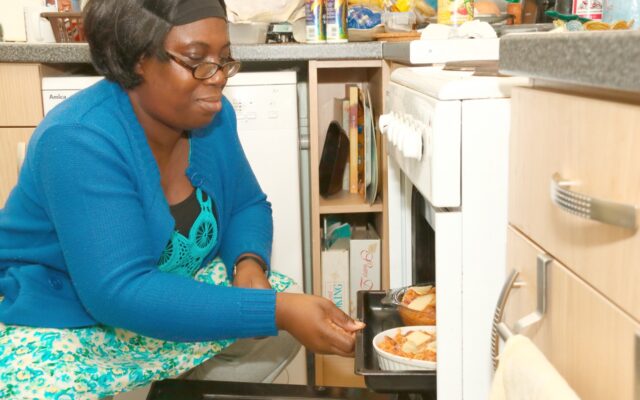Controversy has arisen about how busy general practictioners deal with requests from patients for medical evidence to support applications for certain welfare benefits. Last year a Local Medical Committee (a statutory body that represents GPs in different areas of the UK) in South Wales advised local GPs that they have a right to refuse to provide, and to charge the patient where it is provided, a letter or report regarding their benefit claim or appeal.
Alternative view
Guidance from DWP says that claimants do not need to request medical evidence themselves as DWP staff manage evidence gathering. However, it is often the evidence provided through DWP that the client may disagree with and wish to get an alternative view. They may, for example, wish to query the medical assessment for employment and support allowance (ESA) provided on behalf of DWP by Atos Medical Services. DWP may ask the GP for evidence but this will be via a pro forma that may be inadequate in explaining the patient’s disability and how it affects them.
The renewal of the issue of getting medical evidence comes at a time when our clients are probably more likely than ever to need such evidence. Many are being made to undergo more regular medical reviews for ESA awards. Some clients are trying to claim Personal Independence Payment (PIP), a medically-based disability benefit, while existing DLA claimants face having to go through the PIP medical assessment in future to get transferred to that benefit. Part of the thinking behind the introduction last year of ‘mandatory re-considerations’ – the step clients must now go through in challenging decisions before being allowed to submit an appeal – is that the DWP gets its decisions right earlier in the claims process. So clients are being encouraged to get additional medical evidence to help to make that happen.
DWP decision makers, and appeal tribunals, have to consider and weigh up all evidence available to them, regardless of whether this is provided by the claimant or via DWP. Evidence might come from carers, psychologists, occupational therapists and social workers, among others. The important point is that the evidence should be relevant to the qualifying conditions for the welfare benefit that the client is trying to obtain. The reality is that where the benefits rules relates to the nature and extent of the claimant’s disability, decision makers and appeal tribunals tend to give more weight to medical than non-medical evidence. So for those benefits – ESA, PIP, and DLA for some existing claimants – it is especially important to consider getting supporting medical evidence.
You can write, with your client’s signed consent, to their GP, consultant or other health or social care professional. But it is very likely that where they have a consultant treating a main disabling condition the client will know much more about the condition and how it affects them than the GP. Where your client has multiple health problems their GP could be in the best position to provide an overall picture of those problems.
If you request a letter or report from a doctor or other health professional regarding your client’s limited capability for work for an ESA claim, or about entitlement to PIP, you might ask the doctor to include the following:
• Patient’s name, DOB and national insurance number
• Confirmation of the main disabling conditions/illnesses
• Medication and treatment, and referrals made to other health services eg. physiotherapy
• Comments on the patient’s ability to carry out the activities that are relevant to your client in the ESA work capability assessment or the PIP assessment (as applicable), including the effect of any pain or fatigue. The last bullet point is very important as such specific comments from a doctor can help a decision maker or appeal tribunal to focus on the activities that the claimant submits they have difficulties with.
If the letter is required for an appeal it is important to ask the doctor to comment on the patient’s circumstances at the date of the relevant decision, especially where it has been some time since the decision was made. It is best to avoid asking ‘leading’ questions or anything that suggests you are telling the doctor what to write. If the case goes to an appeal tribunal the tribunal judge may ask to see a copy of the request that was made to the doctor.
Payment
Generally only GPs or private health professionals require payment for providing a letter. You should be told in advance if a charge will be made to your client for providing the evidence and how much it will be. For many clients it can be a battle to obtain and maintain the benefits they are entitled to. Independent medical evidence is a crucial weapon in that battle which clients and their representatives will have to continue to seek where required. But it may be harder and more expensive to obtain in future.
Links www.disabilityrightsuk.org/ getting-medical-evidence-appeal
Charlie Callanan is a welfare rights adviser with over 15 years experience in the charitable and statutory sectors.




